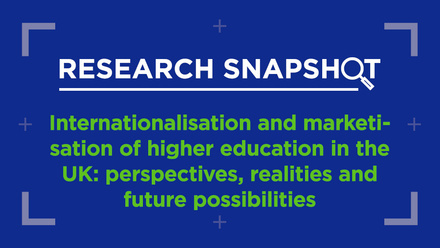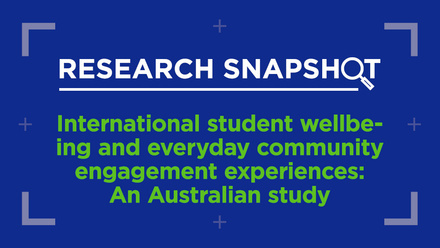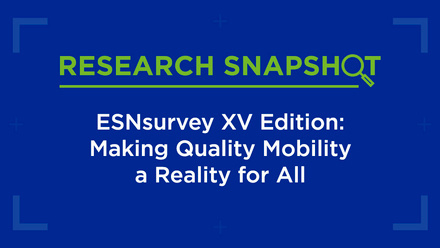Create the best welcome for your international students

Are you looking for ways to ensure a smooth integration of international students in their first week at your institution? With the growing popularity of student mobility, helping your new international students to settle in quickly and efficiently is becoming increasingly important for higher education institutions. Here are some tips on how to go about ensuring that your international students are made to feel welcome in their first week at your institution.
A structured programme of events
Organising a structured programme is the best way to engage new students. A rich programme of events, which can last from one or two days up to a whole week can help to answer most of your student’s questions and make sure they are equipped to start the academic year feeling confident about the new environment, professor’s expectations, and opportunities on campus. Moreover, being able to share the upcoming experience with friends and colleagues met during the orientation activities may help students overcome anxieties and uncertainties linked to their new cultural environment.
Who to involve in planning a welcome week
The organisation of an event addressed to a great number of students, offering a wide range of activities, requires involvement of many different parties and consideration of a wide range of logistical issues. If you are not familiar with organising events, you might want to prepare a draft of your orientation programme and discuss it with the office in charge of organising events within your university.
The most important thing to remember is that you cannot just count on your own resources. Think about the issues you would like to cover during the orientation programme and start setting up meetings to make colleagues, other university services, students and external parties aware of your intentions and objectives. In most cases, the people you will meet will agree with you on the fact that talking about their services to a larger audience is much more efficient than talking to students individually.
Colleagues from other offices, faculty with specific competences or those simply involved with tutoring and academic support can be great resources which help to widen the range of topics covered during the orientation programme. Consider involving the following:
- Students are usually quite eager to be involved in orientation activities. International students already studying at your university have been through the same difficulties and challenges the new students will face, and will be happy to collaborate in order to make things easier for them. Additionally, student associations and student representatives looking for a wider membership or more votes at the student elections and will do their best to attract incoming students.
- Main reference offices for international students (eg international students office, accommodation services, career service, library and counselling services etc) will be glad to give international students information on how to use services offered and can provide a longer term perspective of their presence on campus (eg job opportunities before or after graduation, psychological support throughout the semesters etc).
- Experts in the fields of immigration, health and integration issues can give valuable information and tips to new students. Their presence during the event might help in decreasing the feeling of distance that often arises between immigration officers and foreign nationals. Unless you have a long experience of cooperation with immigration authorities, you should define exactly which topics you wish them to cover during their presentation, as well as share suggestions on the best ways to address students on such delicate issues.
- Local institutions might be able to contribute to the enrichment of part of your programme, also from a financial point of view. The local transportation company, for example, might make a tourist guide and/or a public means of transport available for a tour of the city at a discounted price, while the municipality might arrange a special opening of a museum or cheap tickets for the local opera house.
Importance of feedback
In order to improve your programme for the future, ensure you administer a satisfaction questionnaire to your international students in order to gain useful feedback. Make sure your questionnaire relies on some well defined questions about your needs. Multiple choice answers and Likert scales are the best way to address student’s answers, but don’t forget to include some open answers where students can freely write comments and suggestions: you will discover that many of them are quite eager to express their opinion! The results of the questionnaire will be the starting point to improve your orientation events for the subsequent year.
A good case study
Over the years, welcoming new international students has grown to be an important aspect of one higher education institution’s internationalisation policy. The increasing number of international students enrolling at Politecnico di Milano in Italy required a shift in welcoming formalities from individual and front desk encounters to structured events. In 2011, the conditions to set up such a structured event – a Welcome Week – were created: a new office dedicated to international students with increased staff members and a stronger focus of the university’s managing bodies on the internationalisation of student services. These were the starting points for the organisation of new orientation activities dedicated mainly to newly admitted international Bachelor’s and Master’s students. You can read more about their Welcome Week here.
Helping your new international students to settle in during their first week is vital to ensuring their overall success and wellbeing during their time at your institution and it’s worth putting in the extra time and resources to ensure a smooth transition.
By Francesca Andrich, International Students Office, Politecnico di Milano, Italy






